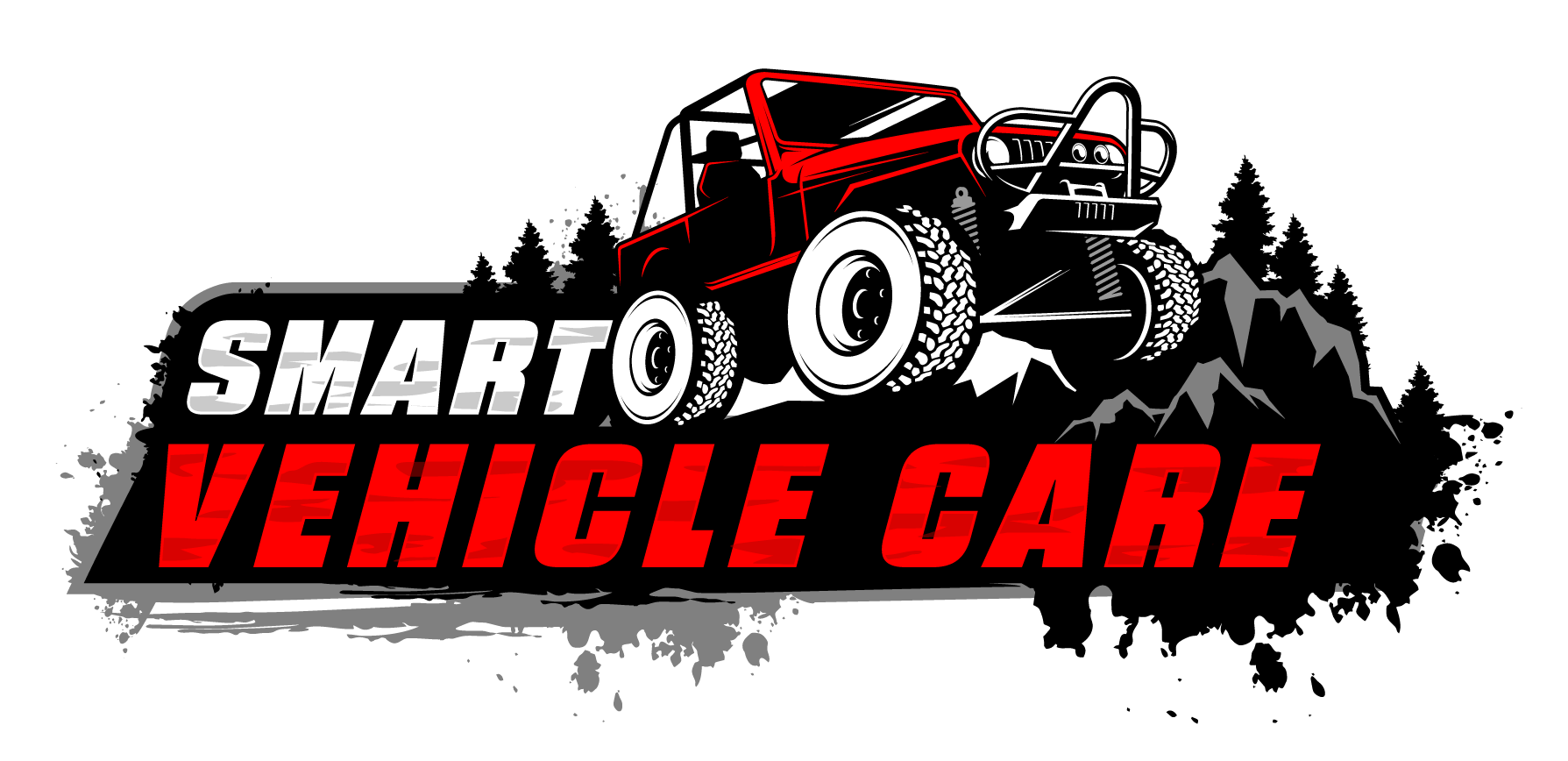Owners of Jeeps often experience Jeeps shaking while driving. But if you’re new to this, you may think, why is my Jeep shaking when idling? So, it’s not uncommon if you’re experiencing a Jeep shaking while idling.
There are several reasons why your Jeep Cherokee or Jeep Wrangler shaking while driving. One possible culprit is the engine itself. If there are issues with the engine cylinders, such as misfires or worn-out spark plugs, it can cause your Jeep to shake and vibrate when idling.
Another possibility could be an issue with your vehicle’s transmission system or low fluid levels. That can cause vibrations through the body of your car even when stationary. Problems in suspension systems like damaged motor mounts or bent axles might also lead to a bumpy ride during the idling.
Here we’ll discuss all the possible causes behind the Jeep shaking while driving. Understanding why your Jeep is shaking while idling will help you identify what needs fixing and keep you safe on the road ahead! Let’s begin!
What are the Different Models of Jeep?
Known for their off-road capabilities, rugged designs, and iconic status, Jeep vehicles are known for their off-road capabilities. Depending on the model, year, and trim level of a Jeep vehicle, the specifications can vary greatly. Until then, here is a brief overview of the Jeep brand and some of its most popular models:
Jeep Wrangler:
- Among Jeep models, the Wrangler is perhaps the most recognizable and iconic.
- The rugged design, removable doors, and fold-down windshield make it a favorite off-road vehicle.
- Some models come with turbocharged four-cylinder engines instead of V6 gasoline engines.
- The Sport, Sahara, and Rubicon trim levels offer different levels of off-road capability and luxury.
- Off-road performance is enhanced by 4WD systems, lockable differentials, and disconnects for the sway bars.
Jeep Grand Cherokee:
- Jeep Grand Cherokee is a midsize SUV that is both capable off-road and comfortable on-road.
- It is available with various engine options, including gasoline V6s and V8s, along with diesel engines sometimes.
- The interior features of the car vary depending on its trim level, from the most basic to the most luxurious.
- It specializes in off-road-oriented trims, such as the Trailhawk, and offers advanced towing capabilities.
Jeep Cherokee:
In addition to providing off-road capability, the Jeep Cherokee is practical and easy to drive on a daily basis.
The vehicle comes with a variety of engines, including four-cylinders and V6s.
It is renowned for its modern design, comfortable interior, and advanced safety features.
Jeep Renegade:
- Subcompact SUV Jeep Renegade designed for urban driving as well as light off-roading.
- Smaller turbocharged engines are often used to improve fuel efficiency.
- With its distinctive design, it is aimed at young, urban-oriented drivers who want some off-road capability as well.
Jeep Compass:
- Between the Jeep Renegade and Cherokee, the Jeep Compass is a compact SUV.
- The vehicle offers a balance between city-friendly features and light off-road capabilities.
- A variety of engines are available along with a variety of features, including safety and infotainment systems.
Most common issues: why is the Jeep shaking while driving?
Jeep owners may have experienced a frightening phenomenon where their vehicle shakes while idling. This can occur for several reasons, but the most common issue includes:
- An engine misfire
- Worn-out spark plugs or wires
- Clogged air filters
- Dirty throttle bodies
- Clogged fuel injector
Paying attention to these issues is essential as they could lead to more significant problems if left untreated! This section will teach us how to inspect off-road vehicles thoroughly for potential problems, signs, and warnings.
Engine Misfire
If your Jeep Wrangler is shaking on highway, engine misfiring can be the issue. It could be due to various reasons, such as problems with the spark plugs, insufficient fuel pressure, or a lack of fuel. Such engine misfires can lead to jerking, spitting, and vibrations. That makes the driver uncomfortable.
Acquiring a high-quality OBDII scanner is recommended to read and troubleshoot codes efficiently to identify the issue. Moreover, an engine misfire usually activates the “check engine” light on the instrument panel. That helps alert you to the problem.
Worn-out spark plugs or wires!
When a spark plug becomes worn out, it can result in a weak or non-existent spark. That can lead to a cylinder failing to demolish, which causes the engine to vibrate uncontrollably. You can easily detect this vibration through an audible difference in the engine idle. You may also feel excessive vibrations throughout the body, steering, and seats. It’s common for Jeep Grand Cherokee shaking when idle.
It’s essential to remember that even something as small as a spark plug can cause these types of vibrations if the cylinders misfire during idling or running speeds. If you’re experiencing problems, swapping out any old spark plugs with new ones that meet the OE specifications is the best solution.
Clogged air filters
Air filters often get clogged, leading to issues with your heating and cooling system. Several factors can contribute to clogged air filters, including poor maintenance practices, dusty or dirty environments, and pet hair or dander.
When air filters become clogged, they can restrict airflow and reduce the efficiency of your Jeep. It often results in higher energy bills, reduced indoor air quality, and equipment failure over time.
The simplest solution is to replace your filter regularly according to manufacturer recommendations. It’ll help prevent excess buildup from occurring in the first place. Consider upgrading to a higher-quality or more efficient filter if you experience chronic issues with clogs.
Dirty throttle bodies
Dirty throttle bodies can cause a frustrating and noticeable issue in Jeep shaking while driving. It occurs because the buildup of dirt, grime, and debris on the throttle body prevents it from functioning well.
The throttle body regulates airflow to the engine, so it can’t control the air entering it when it becomes clogged with gunk. As a result, the engine struggles to maintain a steady idle speed and begins to shake or vibrate.
Luckily, cleaning your Jeep’s dirty throttle body is easy to fix. Remove the air intake tube, spray some carb cleaner onto the throttle body, use a toothbrush or rag to scrub away any buildup, and rinse everything off with water before reassembling.
Clogged fuel injector
A clogged fuel injector is a common issue that affects the performance of jeeps. The problem arises when debris or dirt accumulates in the injector, preventing it from dispensing fuel as it should. As a result, the engine may experience rough idling and poor acceleration.
Sometimes, you may even notice black smoke from your exhaust pipe. A clogged fuel injector can occur for several reasons, including dirty gasoline or low-quality fuel filters. Off-road jeep use can lead to more dust and mud, raising the risk of this issue.
Use a fuel injector cleaner that helps clear up the buildup inside your Jeep’s injectors without disassembling them. It dissolves varnish and carbon deposits with potent chemicals while lubricating your engine’s essential parts.
Or, replace the clogged injectors entirely. Regular maintenance practices such as changing air filters and using high-quality fuel can also help prevent future occurrences of clogging in your Jeep’s fuel system.
What are the pros and cons of jeep models?
Jeep models, known for their off-road capabilities and rugged design, have several pros and cons that potential buyers should consider. Keep in mind that the specific pros and cons can vary depending on the model and the year it was produced. Here’s a general overview:
Known for their rugged design and off-road capabilities, Jeeps have several pros and cons that potential buyers should consider. There can be specific pros and cons depending on the model and the year it was manufactured. In general, here’s what you need to know:
Pros of jeep
Off-Road Capability:
Jeeps are known for their impressive off-road performance. In order to handle challenging terrain, they often feature four-wheel drive systems, durable suspensions, and high ground clearance.
Iconic Design:
A lot of people find Jeeps attractive because of their distinctive and timeless design. There is often a sense of adventure and exploration associated with their rugged, boxy appearance.
Customization:
Jeep vehicles are equipped with an extensive aftermarket support network, allowing owners to add various accessories, modifications, and upgrades to personalize their vehicles.
Resale Value:
The popularity and reputation for durability of Jeeps help them maintain their value on the used market.
Open-Air Experience:
Jeep models often come with convertible or removable tops, so drivers and passengers can drive open-air.
Strong Community:
There are many Jeep clubs, events, and forums dedicated to Jeep enthusiasts, making it a tight-knit community.
Cons of jeep
Fuel Efficiency:
Because of their size and off-road capabilities, Jeeps are often criticized for their poor fuel efficiency compared to smaller vehicles.
Ride Comfort:
The ride quality on regular roads can be stiffer on some Jeep models, particularly the ones designed for off-road performance.
Noise and Wind:
In comparison to more aerodynamic vehicles, Jeeps’ rugged design can cause more noise in the cabin from wind and road.
Limited Cargo Space:
Compared to other types of cars, Jeep models may have less cargo space because of their design and size limitations.
Handling:
As a result of their higher center of gravity and off-road suspension setups, some Jeep models can handle less precisely on paved roads than traditional SUVs.
Reliability Concerns:
Jeeps have improved in terms of reliability in recent years, but certain models have experienced mechanical problems or have been recalled. It is possible to gain insight into the reliability of a particular model year and read owner reviews by researching specific model years.
Higher Maintenance Costs:
There can be a difference in cost between Jeeps and regular passenger vehicles when it comes to repair and maintenance, especially for off-road Jeeps.
Final Thought: Why is My Jeep Shaking When Idling?
We’ve discussed the most common issues with possible solutions regarding why a Jeep shakes while idling. Still, some new owners, whether they own a Jeep Cherokee, Wrangler, or jeep compass, often seem worried about why is my Jeep Cherokee shaking when idling. Or the Jeep compass shaking when stopped or Jeep Liberty shaking when idle.
Various reasons include engine misfires, worn-out spark plugs, or a faulty fuel system can cause these issues. Ignoring the problem may cause further damage to your vehicle, so it’s essential to address it ASAP.
Monitoring your Jeep’s performance is essential to catch any issues early on and identify the root cause. If all other attempts fail, you should take your car to a reliable mechanic for expert diagnosis and repair. Don’t let this frustrating issue go unresolved—nip it before it leads to more significant problems!
FAQs
Do Jeeps often encounter shaking issues?
If your Jeep’s been shaking lately, it could be because of its height, significantly if you’ve raised it. Do you know that thing called the Death Wobble? Yeah, it’s a pain, and it can happen to both lifted and stock-height Jeeps.
How do I stop my Jeep from wobbling?
Maintaining proper tire pressure is essential to prevent death wobble. This means avoiding over-inflated, under-inflated, or mismatched tire pressures.
What causes my Jeep to shake at 70 mph?
Generally, when your car vibrates between 50-70 mph, it’s due to your wheels being out of balance. The vibrations will originate from the steering wheel, travel across the seats, and penetrate the vehicle’s floor.
Do unbalanced tires pose a safety risk?
When the tires are unbalanced, the vehicle’s suspension system is more likely to undergo significant wear and tear. Experiencing vibrations, uneven tire wear, and louder road noise are possible consequences of this issue.
Can low oil cause a Jeep to shake?
Yeah, it can. Refill your Jeep oil tank to get the optimum performance. Otherwise, your Jeep’s engine will create more friction at low oil.







Leave a Reply